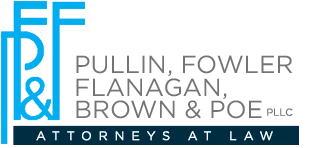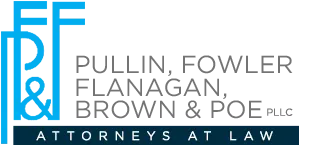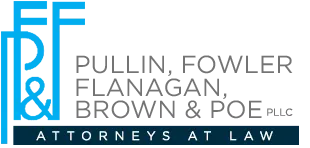
- posted: Sep. 15, 2021
Companies with 100 or more employees will soon be required to mandate that employees either get vaccinated against COVID-19 or submit to weekly testing. Although the Occupational Safety and Health Administration (OSHA) has not yet issued regulations to enforce the mandate, now is the time to begin planning for how your company may have to meet the requirements.
President Biden announced the mandates as part of his administration’s “Path Out of the Pandemic” on September 9, 2021. Since then, OSHA has been crafting a set of interim regulations — known as the emergency temporary standard (ETS) — which is expected to take effect later this fall. The ETS can remain in place for six months. After that, it must be replaced by a permanent OSHA standard, which requires a formal rulemaking process with opportunity for public input.
In preparation for the issuance of the ETS, here are some of the things you should be thinking about as an employer:
- Whether ETS applies to you — If your workforce hovers around 100, start making a definite count of in-office and remote workers. It is not yet known whether remote employees will be included in the 100-employee threshold.
- Allow testing or not — Decide whether it makes sense for your business to allow weekly testing as an alternative to vaccination. Collecting and tracking weekly test results could be so burdensome that it is easier and less expensive to mandate the vaccine.
- Time off — Work schedules may be affected, since employers will be required to provide paid time off to allow employees to get vaccinated and to recover from any side effects.
- Paying for tests — The ETS is expected to address how tests get paid for. There is a possibility that employers may have to cover the cost.
- Accommodations — Employers should have a plan to accommodate employees who refuse to be vaccinated based on a medical exemption or a sincerely held religious belief. Such accommodations could include teleworking.
- Proof of vaccinations and tests — The ETS is expected to address how employers will be required to keep records of employee vaccinations and testing, which will be a part of compliance enforcement.
The vaccine mandate is one of the more sensitive and sudden issues to arise in employment law in recent years. Business owners should not hesitate to reach out to qualified employment law attorneys to discuss the ETS, both before and after it is issued, to ensure their business is in a good position to comply with the requirements.
Pullin, Fowler, Flanagan, Brown & Poe, PLLC is a Charleston law firm providing employment law counsel to businesses large and small across West Virginia. Call 304-344-0100or contact us online to speak with a lawyer about the COVID vaccine requirement and any related concerns.

























































